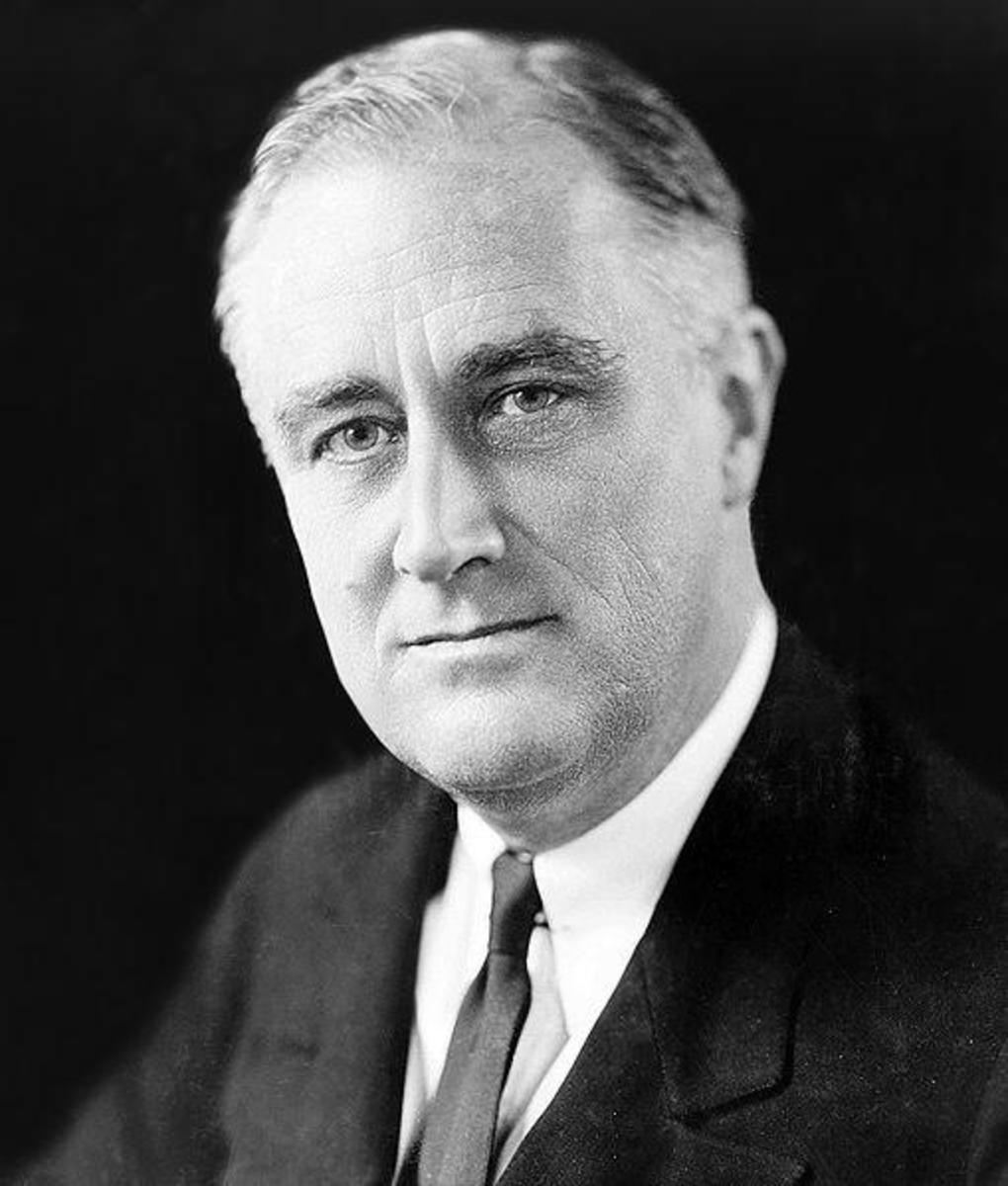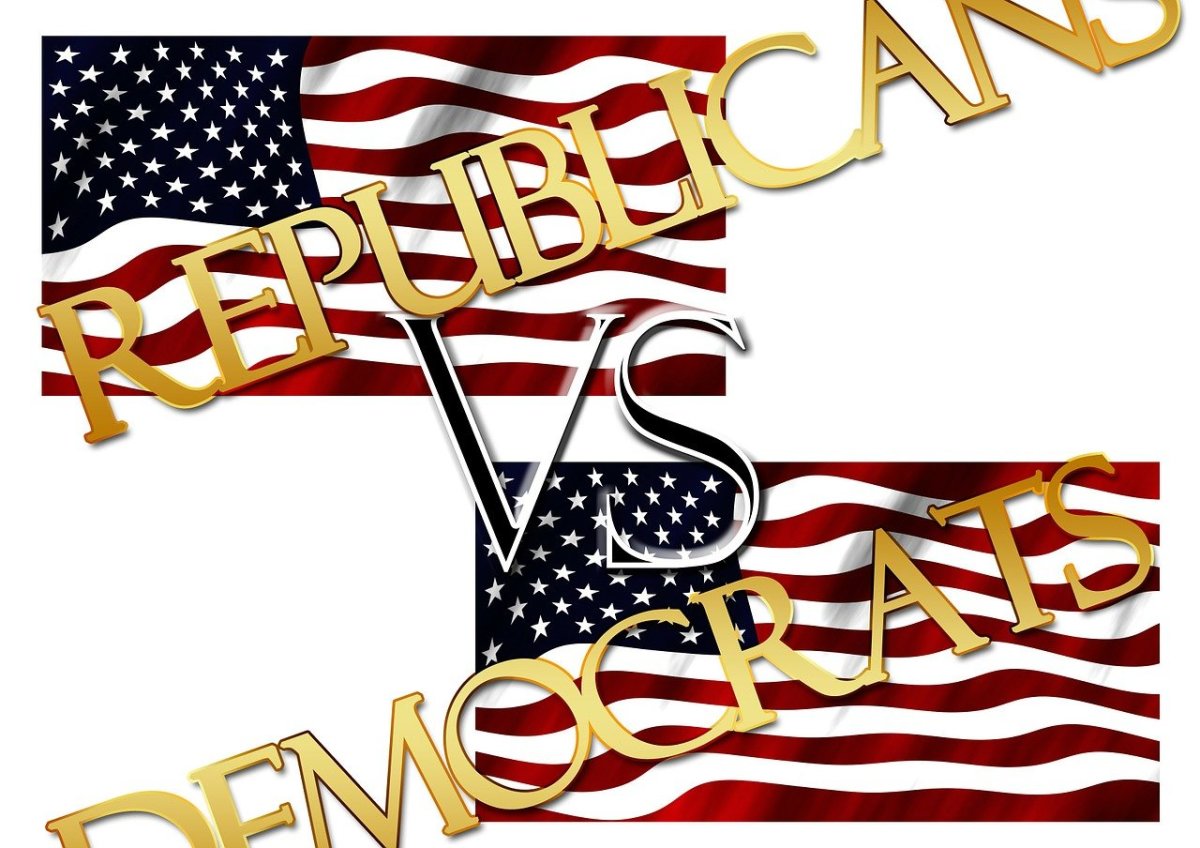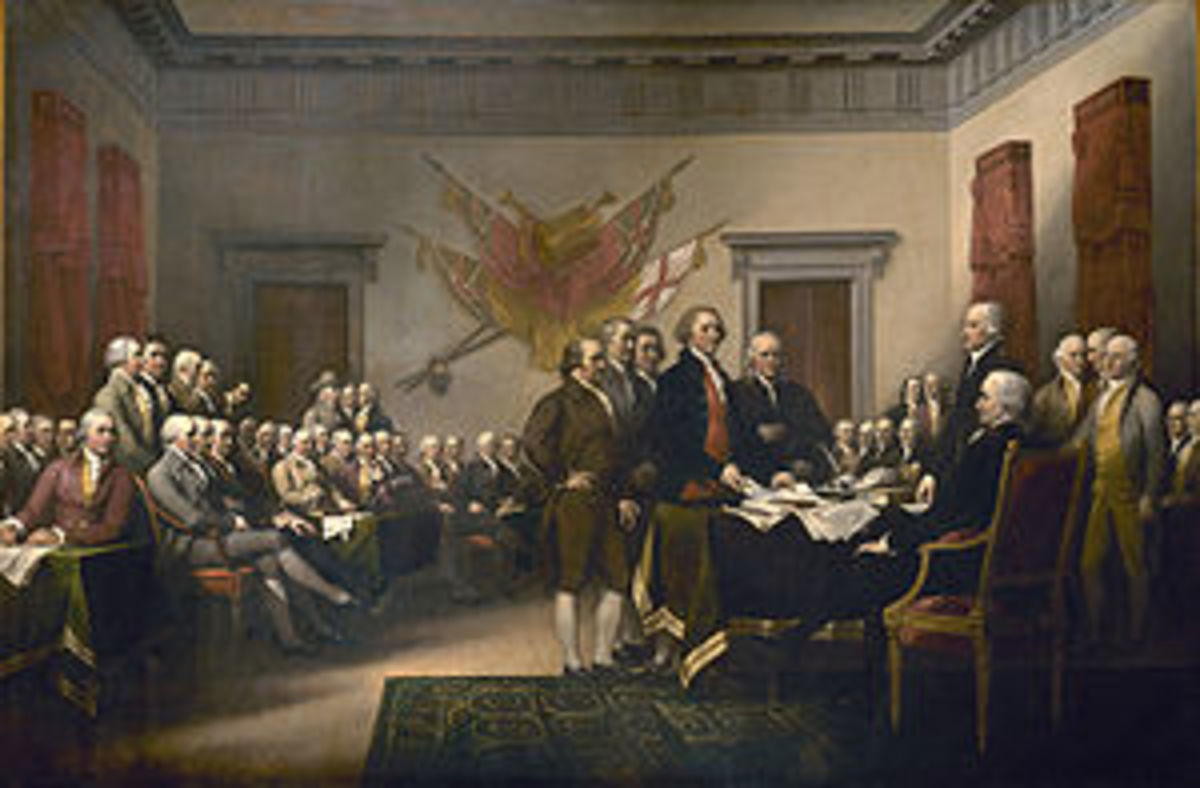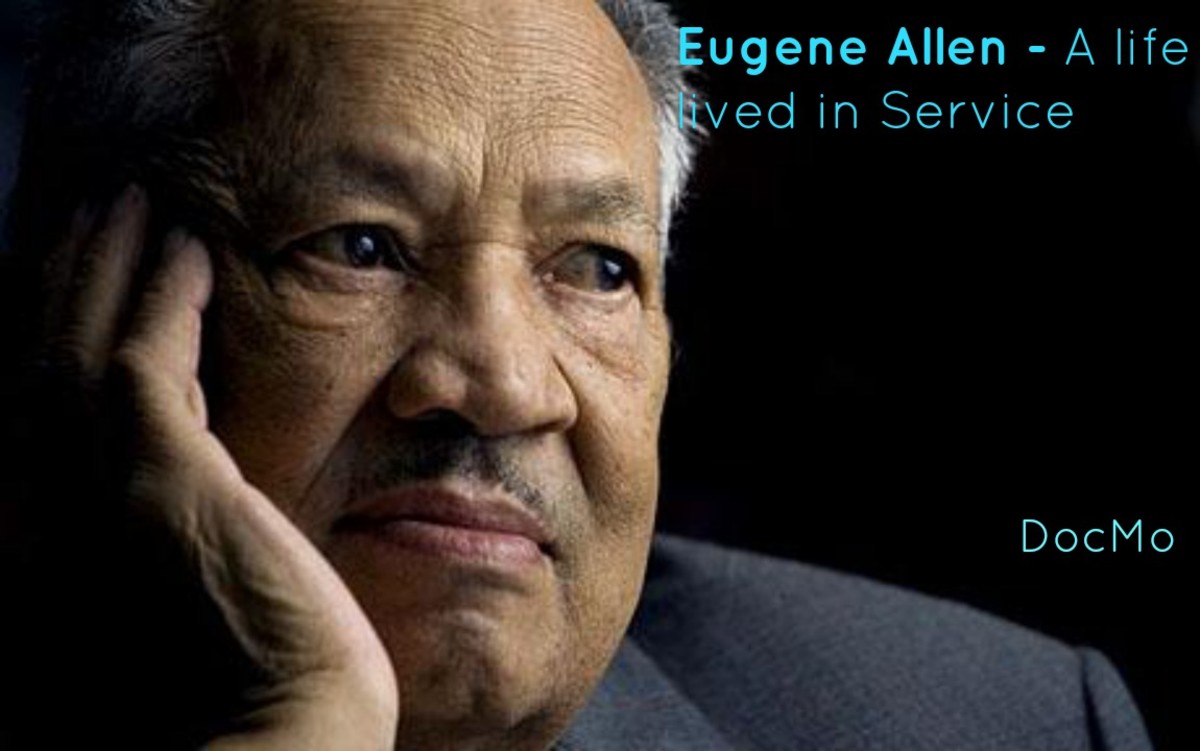Democrat vs Republican: The Problem with the Two Party System
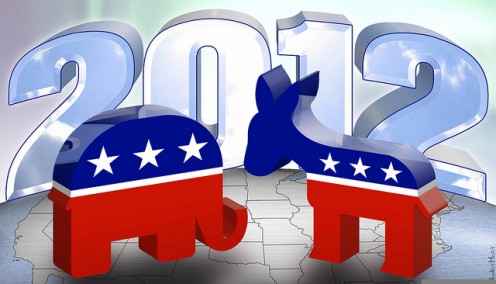
Democrat Versus Republican: The Problem with the Two Party System
Democrat or Republican, one thing that binds us all together is the hope for a better country for our prosperity. No one wants their children, grandchildren, or great grandchildren to be burdened with the same issues we have been facing for decades. The hope is that we will elect a President, as well as Congressmen and Senators, that will listen to the wants, needs, and demands of the American people, and pass legislation to ensure our country is on the right track for all of its citizens.
The problem with this hope is the reality that there will never be one right track for all of the citizens in the United States of America. We have too many different people with too many diverse needs to make everyone happy. People have long sought ways to set themselves apart from others with different views and unite us with those who share our beliefs, views, and morals. Thus, the two-party system aims to do just that, align us with those whose views, beliefs, and morals are similar to our own, while giving us a way to differentiate ourselves from those whose differ.
Defining the terms: What is a Democrat or Republican?
According to Merriam-Webster Dictionary, a Democrat is one who practices social equality, while a Republican is a member of a political party advocating republicanism. As you can tell from this, Merriam-Webster does not give a clear definition of Republican. Upon looking up a definition for republicanism you learn that it refers back to a Republican party or its members. No clear and concise definition is ever given for Republican as it is with Democrat.
In an attempt to find clear and concise definitions for both terms, I have decided to look up the Republican Party website, and the Democratic Party website. Each have their sites laid out in preparation for the 2012 election, with no clear candidate for the Republican Party as of yet, and Barack Obama, the 44th President of the United States of America, as the only candidate for the Democratic Party. The Democrats seem to have an opinion of who the Republican candidate will be as they have anti-Mitt Romney articles and links abounding on their site.
According to the Republican Party website, the Republicans are for the rights of the individual over the rights of the government as a whole, and believe in limited government. The Republican party was at the forefront of the anti-slavery movement, with President Lincoln signing the Emancipation Proclamation. It was the Republicans that spearheaded the equal rights for blacks and women movements. Republicans care about the individual and are very anti-big government.
In contrast, the Democratic Party website boasts that they are for the values of hardworking American families and that wealth and privilege should not dictate law. The Democrats boast of the creation of Social Security, the G.I. Bill, the Marshall Plan, NATO, the Civil Rights Act, and the Voting Rights Act.
How do You Vote?
How do you decide for whom you will vote?
Political Affiliation a Family Tradition?
Many people grow up learning about political affiliations from their parents and grandparents. They learn what each party stands for, and which one most closely aligns with their beliefs through what their parents teach them. This can lead many young adults to vote as their parents would, strictly out of a sense of duty.
Growing up, I was lead to believe that Republicans were CEO's and the Wealthy Elite among us, while Democrats, by contrast, were the poor, working class, blue-collar Americans. My Dad refused to discuss politics with us because, as he put it, "there are two things we don't discuss in life if we want to be happy and non-confrontational; religion and politics. Both incite such emotion in people that one could easily burn bridges by discussing these two topics that they would never want to burn and could never repair."
Ask many of today's youth why they associate themselves to a particular political party and more than likely you will find out that their parents, grandparents, or other influential adults in their life had been of that political affiliation and therefore they believe that party is right for them. Most of them have not done their own research to see where the parties stand on key social, educational economical, and policy issues. Even more often, they listen to the hype of the politician without checking their voting record to verify that they truly having the voting record to back up their claims.
How the System Should Work
In theory, the best candidate will win the primary for each political party, and the best candidate between the political parties will win the election. The current system uses the Electoral College to decide who will win the Presidency, which, contrary to popular belief, does not have to vote the way of the people. Herein lies the problem.
The Electoral College was a compromise put forth in the Constitution to help compromise between those who believed that Congress should elect the President/Vice President, and those who believed that the popular vote should elect them. The number of Electors that each state has is equal to two times the number of U.S. Representatives plus two, one for each U.S. Senator. The number of U.S. Representatives is determined by the population of the state as reported on the Federal Census.
Twenty-four of the fifty States have no law or provision stating that the Electors will cast their vote the way of the Popular Vote. The other twenty-six states do have laws regarding casting their vote or pledge to a particular candidate or party, pending the Popular Vote. The list showing which states fall under which list can be found here.
What does this mean? In twenty-four of the states, the popular vote is strictly for show. It has no true meaning, other than to show what the people want. The Electors have no obligation, legally, to vote the way the people have shown they would like the vote to go. Knowing this, one would ask "does my vote even matter?"
An Ideal Solution: The Dream
The ideal solution to our problems within the two party system would be to do away with it altogether. With no political affiliations, candidates would have to stand on their own, be more forthright with their stances on key issues, and earn supporters much the way those who run grass roots campaigns do. Each American would then, ideally, begin to pay attention to the key issues, do their research on their candidate of choice, and ensure that the best candidate was elected. As an American, it is your duty and responsibility to be informed on the issues and the candidates.
You may be asking yourself, "How do I decide who is the best candidate?" The answer is simple: Vote for the candidate who represents you. Some key things to consider:
- Which candidate has a proven track record of voting the way they state they are going to?
- Which candidate has displayed a willingness to listen to the hopes, wants, and needs of their constituents, as well as their concerns?
- Which candidate's moral values most closely align with my own?
- Which candidate's view on policy most closely aligns with my own?
- Which candidate do I trust to serve the interests of myself and my fellow Americans?

